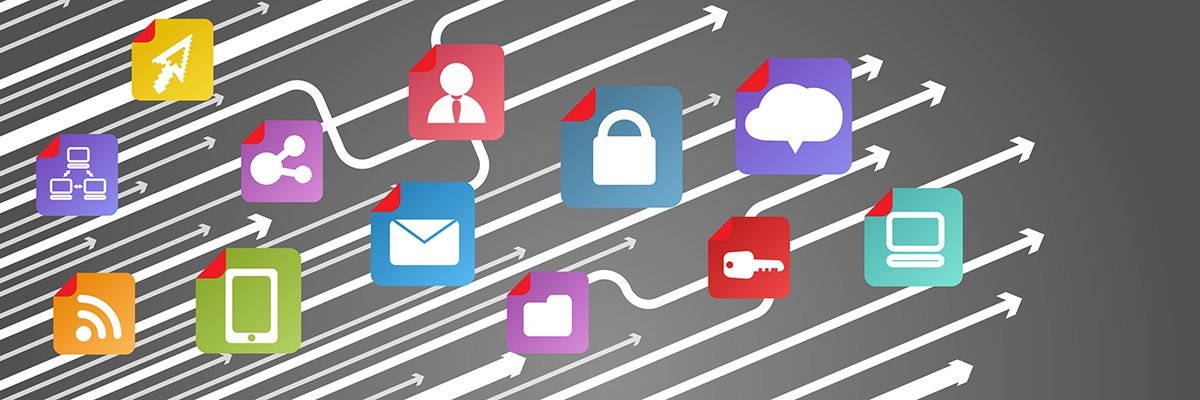
Google has turned off its social media sharing service, Google+, after an internal review uncovered a security weakness.
Instead, the company has changed its strategy on social media, promoting Google+ in the enterprise to enable employees to use it as a corporate social media platform.
Google said that its Project Strobe review, which began at the start of the year, uncovered several problems with the implementation of the Google+ People application programming interface (API), and one bug.
In a blog post, Ben Smith, Google fellow and vice-president of engineering, wrote: “Over the years, we’ve received feedback that people want to better understand how to control the data they choose to share with apps on Google+. So as part of Project Strobe, one of our first priorities was to closely review all the APIs associated with Google+.
“This review crystallised what we’ve known for a while: that while our engineering teams have put a lot of effort and dedication into building Google+ over the years, it has not achieved broad consumer or developer adoption, and has seen limited user interaction with apps. The consumer version of Google+ currently has low usage and engagement: 90% of Google+ user sessions are less than five seconds.”
Smith said the bug meant that third-party apps using the Google+ People API also had access to Profile fields that were shared with the user, but not marked as public.
“This data is limited to static, optional Google+ Profile fields including name, email address, occupation, gender and age,” he said. “It does not include any other data you may have posted or connected to Google+ or any other service, like Google+ posts, messages, Google account data, phone numbers or G Suite content.”
Smith said the bug was discovered in March 2018 and was patched. Rather than offer a free service to consumers, the company now plans to develop an enhanced version of Google+ for enterprise users.
“Our review showed that Google+ is better suited as an enterprise product where co-workers can engage in internal discussions on a secure corporate social network,” he said. “Enterprise customers can set common access rules and use central controls for their entire organisation. We’ve decided to focus on our enterprise efforts and will be launching new features purpose-built for businesses.”
Be the first to comment